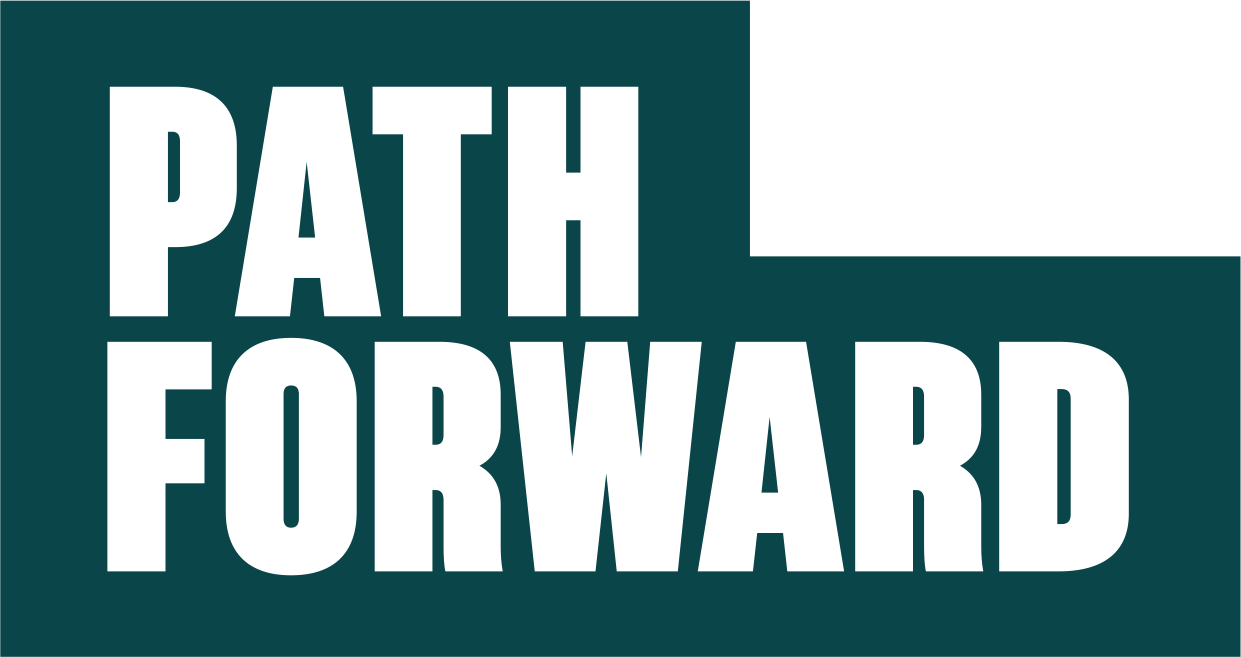The Monday Morning Effect
A daunting thought for HR folks who schedule leadership trainings:
- Three months after the typical single-event leadership workshop, participants have forgotten more than 95% of what they learned.
This is what influential author Daniel Goleman found in his research on Emotional Intelligence. It mirrors similar findings peppered throughout the literature.In many ways this is entirely predictable. I call it the Monday Morning Effect. The timeline looks something like this:
- Bob checks into a nice hotel, then reluctantly attends the uncomfortable first session of the workshop.
- The workshop facilitator, engaging and charismatic, gradually draws Bob into a positive learning experience.
- As the seminar proceeds, the (hopefully) skillful facilitator convinces Bob of the need for personal and/or organizational change.
- By the end of the seminar, participants and facilitator strike a chorus (metaphorically, at least) of “Kum-Bah-Yah.” Bob gives the seminar a 5-star rating and recommends it strongly to others.
- Upon returning to work Monday morning, Bob’s boss passes him in the hall and casually asks, “How was the seminar?” To which Bob answers, “Great!” The boss files this detailed assessment away in her mind and starts thinking about budgeting the seminar for more managers in the months ahead.
- Within hours, Bob is folded back into the envelope of company culture, immediate tactical requirements, and the powerful momentum of all his old habits. The ideas for change — even the commitment to change — that the seminar fostered begin to drift away as Bob is confronted constantly with organizational behavior inconsistent with the workshop’s teachings.
- After a few weeks, Bob is left with but a fond memory of the seminar. Because of the lack of a support structure for practicing the concepts and strategies he learned there, the learning eventually evaporates. He has made only small changes in behavior. He may actually end up feeling resentful: the workshop gave him a vision of what might be possible, but the possibilities withered. Bob ends up thinking that the workshop presented an idealistic, but unrealistic and unachievable, vision of leadership.
- Bob’s company continues to invest in the leadership workshop, remembering the positive feelings he expressed on Monday morning, rather than assessing any real growth and change in the months and years after the workshop experience.
At Path Forward, we learned years ago that leadership develops through a committed process of guided experience and feedback, consistently supported by a community of peers, bosses, and mentors. The idea that something as complex as leadership can be effectively “trained” in a single-event workshop, no matter how good the workshop, is a fallacy. If you want great leaders in your organization, know that their education never stops.
YOUR PATH FORWARD:1) How often does your organization send employees to one-off trainings?2) How do you support them in sustaining and applying the learnings from those trainings — thus combating the Monday Morning Effect?
